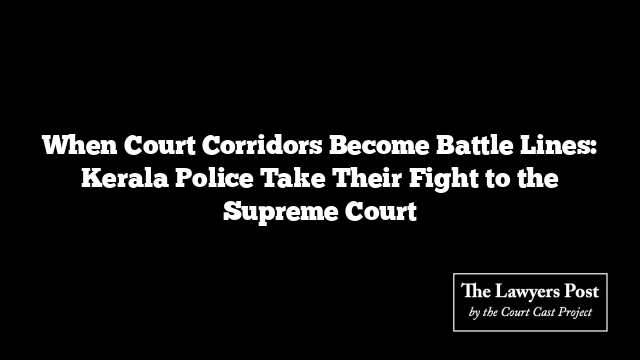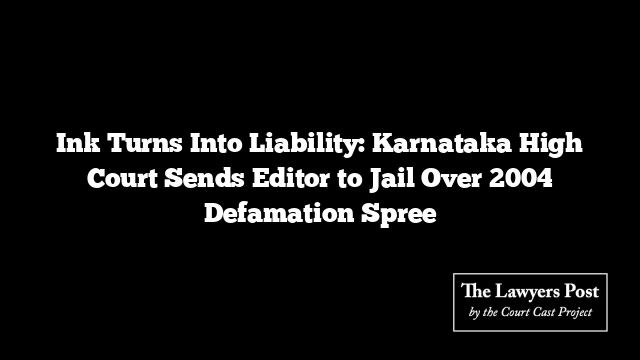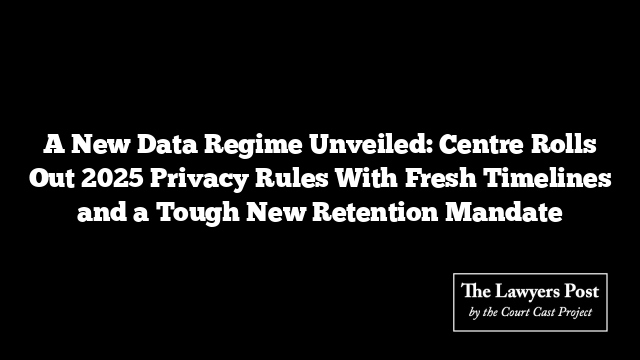The country’s highest court has been drawn into a simmering tug-of-war unfolding in Kerala’s legal corridors. The Kerala Police Officers’ Association has knocked on the Supreme Court’s doors, urging it to scrap a set of High Court-issued directions that, according to them, shackle law enforcement inside court premises.
A Bench led by Justices Surya Kant and Joymalya Bagchi has now asked the State to respond. The petition paints the High Court’s instructions—born out of a suo motu case triggered by clashes between lawyers and police—as a kind of judicial overreach that rewrites existing law from the bench rather than the legislature.
The disputed order, passed on August 19, attempts to redraw the map of police authority within court premises. It bars any arrest during court hours unless the presiding officer has been informed beforehand. The term court premises has been stretched to include every annexed building, corridor, and patch of land—everything except official residences.
Only two exceptions survive: acting instantly to stop a cognisable offence, or apprehending absconders with long-pending warrants. Even then, officers must walk a narrow line.
To soothe frictions between the Bar and the police, the High Court also mandated grievance redressal committees at both State and district levels, hoping to keep tempers from spilling into the public eye again—especially after the Ramankary incident, where a courtroom spat in Alappuzha turned into a statewide flashpoint.
But the police association argues the guidelines cut into the Bharatiya Nagarik Suraksha Sanhita and the Kerala Police Act. Arrest powers, they say, are already tightly governed, and no statute demands a judge’s nod before an arrest. To impose that requirement through a judicial order, they contend, is to legislate from the bench.
The Supreme Court will now decide whether these guidelines are guardrails—or overextensions—on the fragile bridge between courtroom order and policing duties.





